Optimal Timing for Storm Restorations
Understanding the optimal timing for storm restorations is essential for effective repair and mitigation. The best time generally aligns with periods of mild weather, avoiding extreme cold or heat, which can complicate restoration efforts. Typically, late spring through early fall offers the most favorable conditions for storm-related repairs.
Conducting inspections immediately after a storm ensures damage is identified early, reducing further risks.
Restorations are most effective during stable weather months, minimizing delays caused by rain or wind.
Preparing for storm seasons before they arrive allows for quicker response and restoration when storms occur.
Timely assessment following a storm helps prioritize repairs and allocate resources efficiently.
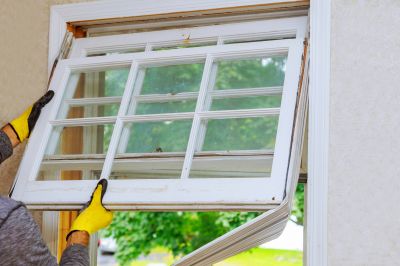
Ways to make Storm Restorations work in tight or awkward layouts.
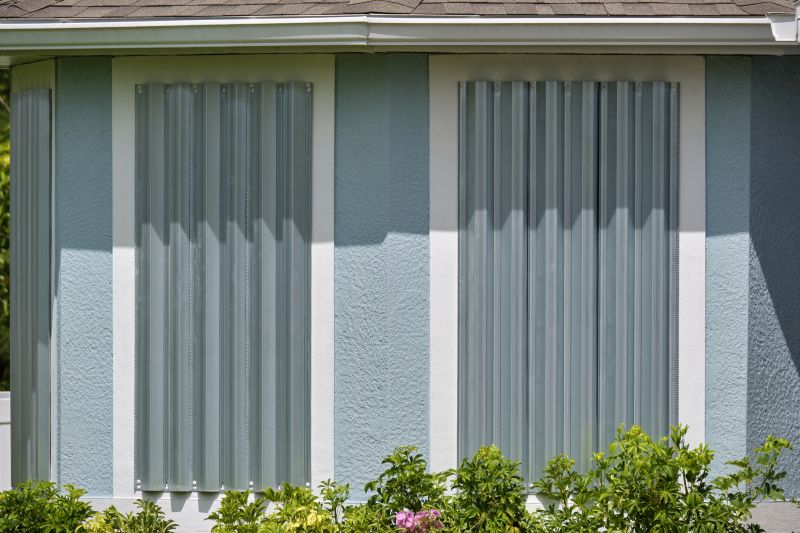
Popular materials for Storm Restorations and why they hold up over time.
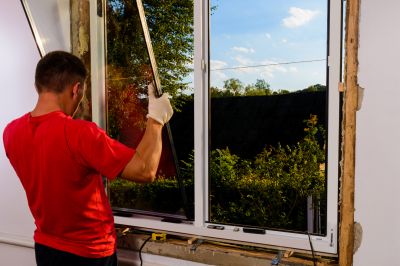
Simple add-ons that improve Storm Restorations without blowing the budget.

High-end options that actually feel worth it for Storm Restorations.

Finishes and colors that play nicely with Storm Restorations.

Little measurements that prevent headaches on Storm Restorations day.
Storm restorations involve repairing damage caused by severe weather events such as high winds, hail, and heavy rain. These efforts are crucial for restoring structural integrity, preventing further deterioration, and safeguarding property. Timely intervention can significantly reduce repair costs and minimize disruption.
Statistics indicate that the majority of storm-related damages occur during specific seasons, emphasizing the importance of strategic planning. Proper timing ensures that restoration crews can work efficiently and safely, often leading to faster project completion and reduced inconvenience for property owners.

A 60-second routine that keeps Storm Restorations looking new.
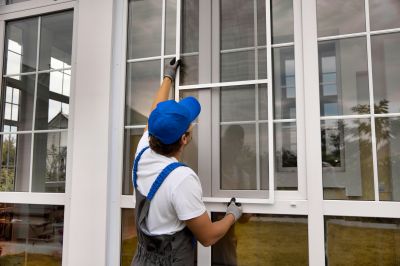
A frequent mistake in Storm Restorations and how to dodge it.
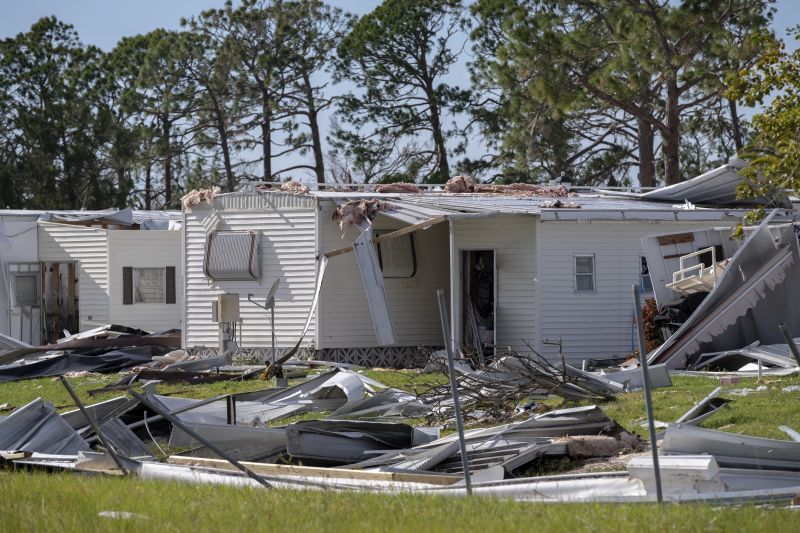
Small tweaks to make Storm Restorations safer and easier to use.
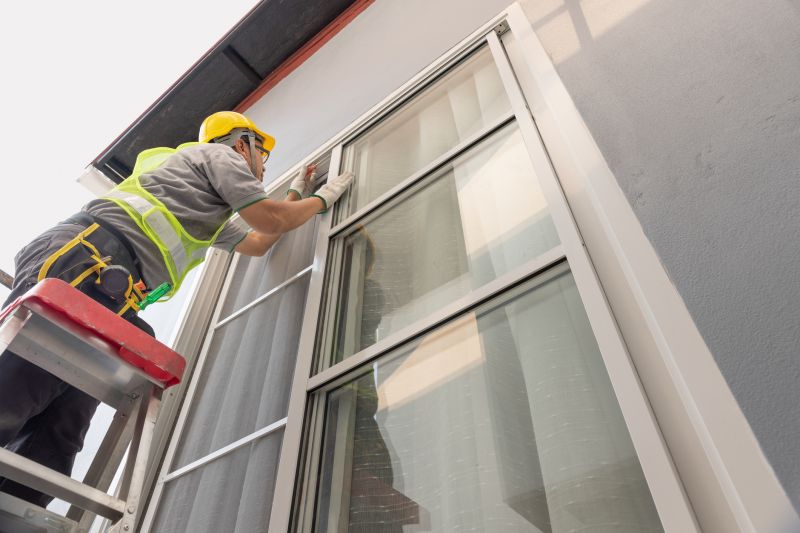
Lower-waste or water-saving choices for Storm Restorations.
| Season | Advantages |
|---|---|
| Spring | Ideal for early repairs and assessments before storm season peaks. |
| Summer | Favorable weather for extensive restorations, minimal delays. |
| Fall | Good for preparing properties ahead of winter storms. |
| Winter | Less common for major restorations, but suitable for minor repairs. |
| Off-Season | Potential for reduced costs and scheduling flexibility. |
Timely storm restorations are vital for maintaining property safety and integrity. Planning repairs during optimal seasons ensures efficient use of resources and reduces the risk of additional damage. Property owners are encouraged to evaluate weather patterns and prepare accordingly to facilitate swift response and repair efforts.
For those interested in storm restoration services, filling out the contact form can provide more information and assistance in scheduling repairs during the most suitable times.

